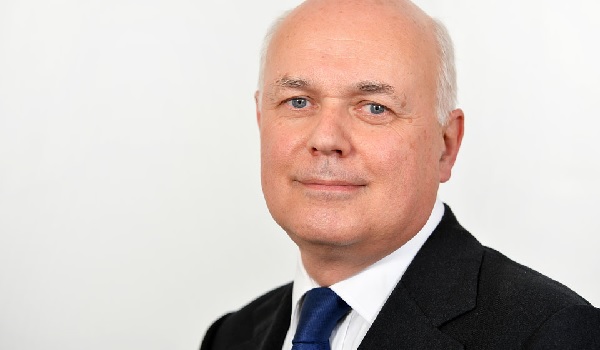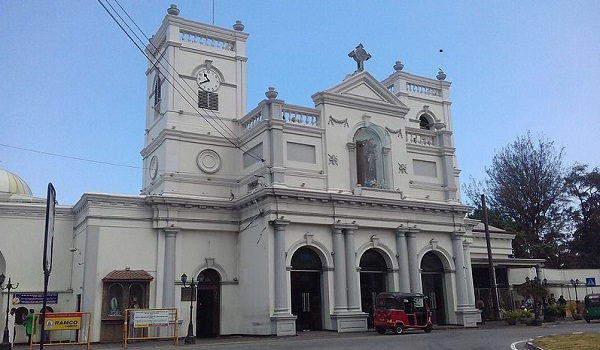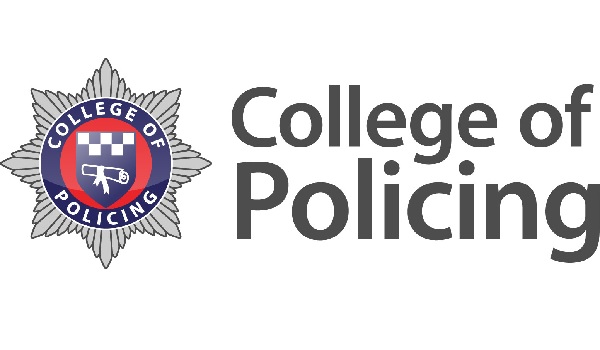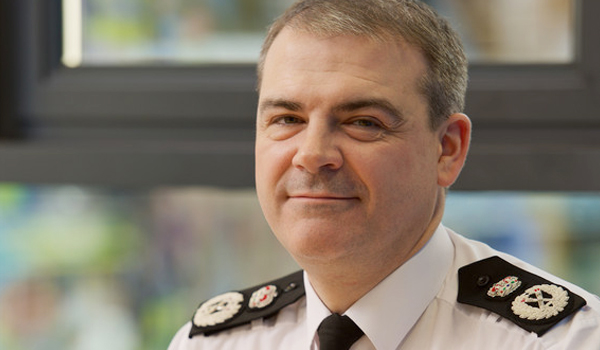Report sets out 45 recommendations to end gang 'scourge that is blighting London'
The number of gang members in the UK has increased by more than 20,000 since 2009, according to estimates from a criminal justice think tank.
A report by CSJ Criminal Justice – named It Can Be Stopped – sets out a blueprint to prevent gang violence in London and beyond, building on the experiences of the US and Scotland.
Published on Tuesday (August 28), the report estimates that gangs are responsible for as much as half of all knife crime with injury, 60 per cent of shootings and 29 per cent of reported child sexual exploitation.
The think tank set out 45 recommendations for the Government and the Mayor of London to consider, including a new gang violence commissioner and an increase the use of stop and search to curb a “toxic cycle of violence”.
Since the last Dying to Belong report was published in 2009, more than 700 young people have been fatally shot or stabbed, while the number of gang members has increased from 50,000 to around 70,000.
In the last year, more than 80 murder investigations have been launched in London – the focus of the report – including more than 50 fatal stabbings and ten fatal shootings.
And polling by CSJ Criminal Justice found that one in ten Londoners know someone who has been killed with a knife or gun in the last 12 months.
The think tank suggested the introduction of a new Safer Streets Group Violence Intervention (SSGVI), which has already been successfully implemented in Glasgow, Boston and Cincinnati.
To create a SSGVI, the Metropolitan Police Service (MPS) would have to conduct a detailed assessment of London’s 32 boroughs and 632 neighbourhood wards to identify areas presenting the highest risk and harm.
This would allow the force to utilise a “full range of data”, such as existing gang and violent offender matrices, local intelligence, problem profiles, and consideration of both the location of recorded offences and the areas frequented by individuals linked to or at risk of participation in gangs, according to CSJ Criminal Justice.
It was also recommended that London Mayor Sadiq Khan should create and appoint a Safer Streets Commissioner with responsibility for leading the SSGVI and holding partners accountable for its implementation.
Conservative MP Iain Duncan Smith said: “People now dominated by the gangs are tired of politicians playing politics.
“Too many young people have died unnecessarily because the right action has not been taken. We should bin the rhetoric and work together to end this scourge that is blighting London.”
Last year, the Home Office announced the introduction of the Offensive Weapons Bill, designed to make it harder for young people to buy knives and corrosive substances online, and ban the possession of zombie knives and knuckle dusters.
The Bill, currently at the Committee stage, is open to feedback, so CSJ Criminal Justice suggested including provisions for a Serious Violence Reduction Order (SVRO).
A SVRO is a suspicionless stop and search order allowing officers to search any previous offender still on sentence. The order would last for the duration of the sentence given by the court.
To prevent any abuse of the power, and to introduce a “check and balance” within the system, the think tank said searches under the SVRO would be recorded and the volume and frequency of such searches would be supervised by line management, with additional oversight by a superintendent or above.
Officers should also receive better initial and in-service training, according to the report, to better prepare and equip them with the skills and experience to take heated high-stress encounters and convert them into a “conversational style”.
Richard Bennett from the College of Policing said: “Blanket increases in stop and search will not result in a dramatic reduction of crime.
“College research tells us that higher use of stop and search only occasionally leads to a reduction in crime and its use as a deterrent is limited.
“Our research suggests extremely large increases in its use would only deliver modest reductions in crime and our research has shown it is least effective in cases of violent crime.
“The most effective use of stop and search is likely to be through a targeted approach in known crime hot spots.
“College guidance makes it clear how officers can carry out stop and search in an effective way to maximise the benefits of the power.”







